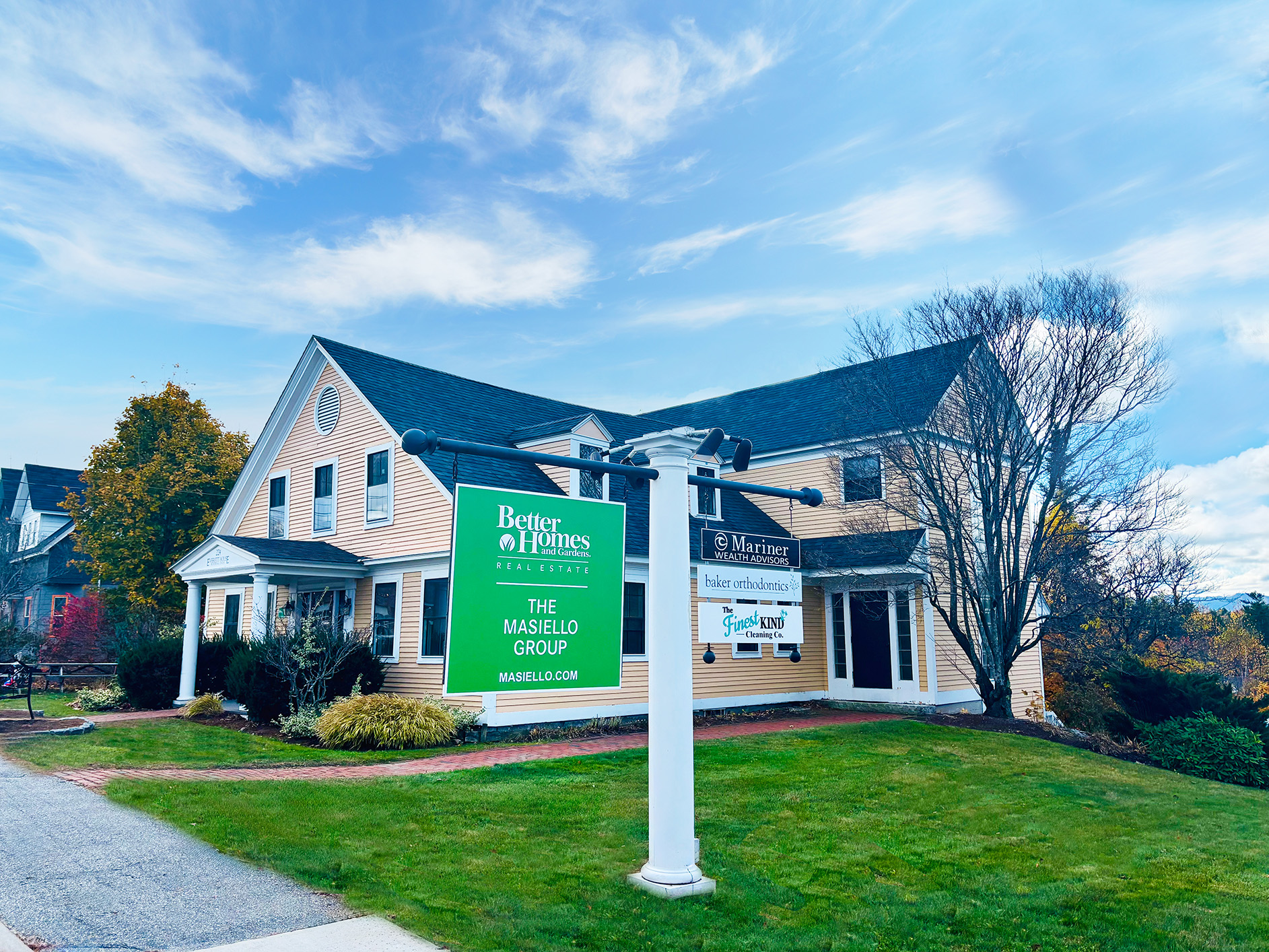First Time Home Buyer? Ten Facts Nobody Tells You

Buying your first home can feel like both the best of times and the worst of times. Here are 10 facts nobody tells you when you’re buying your first home.
1. Something will go wrong
No move is ever perfect. Something will get broken or there will be something you’ve forgotten to bring or do. With any luck, the setback will be minor, and you can chalk it up to the old adage, “things happen.”
2. Some of your conditions might not be met
One of the least enforceable clauses in offers to purchase is one for cleaning requests. You can stipulate that carpets, refrigerators and ovens be cleaned. However, if they haven’t been, there is often very little that you can do about it.
If a major repair hasn’t been completed as promised, one of two things will happen: you either won’t take possession of the property on the day you planned or your funds will have to be placed in escrow pending resolution of the issue.
3. If you don’t have the closing fees, you don’t get your new home
Legal fees are due on closing, and your funds won’t be released to the seller unless your lawyer is paid. Closing costs usually range from two to five percent of the purchase price, but be sure to verify this information before arriving on closing day. This money is in addition to your down payment.
4. Good schools increase a home’s value
You’ll pay more for a house in a good school district. Of course, the good news is you’ll get more for it when you decide to sell. If the home you’re planning to buy is your “forever” home and you don’t have, or plan to have children, this may not matter. Still, it’s something to think about.
5. Your neighborhood may be about to change drastically
The municipality may be planning a park, a school, or a playground for your area. Depending on your lifestyle, that can mean profound changes in a short period of time. Check with local administration and the area’s local representative. The first can tell you what the plan is. The latter will have a far better grasp of whether outlined timelines are accurate or not. You can base your decision on the information they provide.
6. You need to read all the documents yourself
It’s tempting when you’re paying a lawyer to review HOA or condo documents to simply delegate this task. However, a close reading of the minutes of meetings will teach you a lot about your neighbors-to-be and help you avoid nasty surprises, like planned increases in fees or devolving renovations that used to be the condo board, or HOA’s responsibility to individual owners.
7. Don’t apply for other credit while mortgage shopping
Applying for a loan or another credit card may seem like a good idea when you’re about to take the home ownership plunge and know you’re going to need to buy things like garden tools, a gazebo, and a grill. Don’t do it unless absolutely necessary. It can negatively affect not only the amount of your pre-approved mortgage, but it can also mean you don’t get pre-approval. Wait until after you’ve bought your home to apply for more credit.
8. You’re going to need “earnest” money
Also known as a deposit, you’ll likely need about $1000 per $100,000 worth of house available when you make an offer. This money is required as a show of good faith and will be held in escrow. You’ll get it back if your offer isn’t accepted, or it may be applied to your down payment. You may forfeit this money, though, if you’re the one who withdraws from the deal.
9. Your neighbors-to-be may be your best source of information
Walk around the area you where you want to live. If you see people out gardening or mowing their lawns, talk to them. Strike up a conversation and explain that you’re thinking of buying. Ask receptive individuals what the neighborhood is like, how long they’ve lived there, and how long they’re planning to stay. If you learn that your new home is located next door to some party animals who blast music every single summer evening, you may not enjoy your own backyard, so you may want to reconsider.
10. Check for rebates you may be entitled to
You may qualify for first-time homeowner rebates. There may be other municipal, state, or utility-provider rebates available, too. Start investigating early. It may make more sense to invest in attic insulation than an air conditioner if you’re going to get a rebate that covers some or all the cost of the insulation. Some areas offer rebates on newer, more energy-efficient appliances. You won’t know that unless you do your homework.
A good real estate agent can talk you through the buying process. Now you’re already ahead of the game with these ten facts nobody tells you, and you’ll be able to focus on offer strategy rather than the fundamentals.



